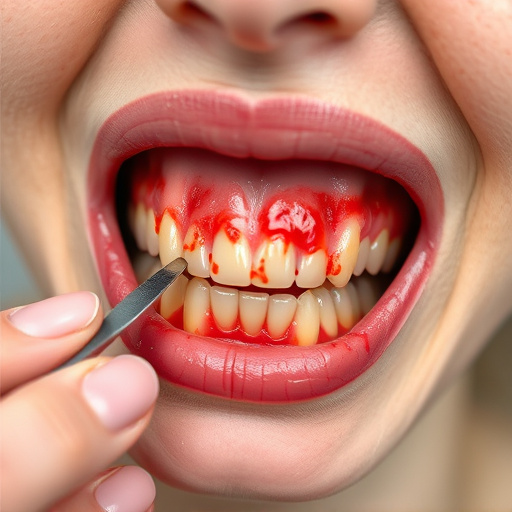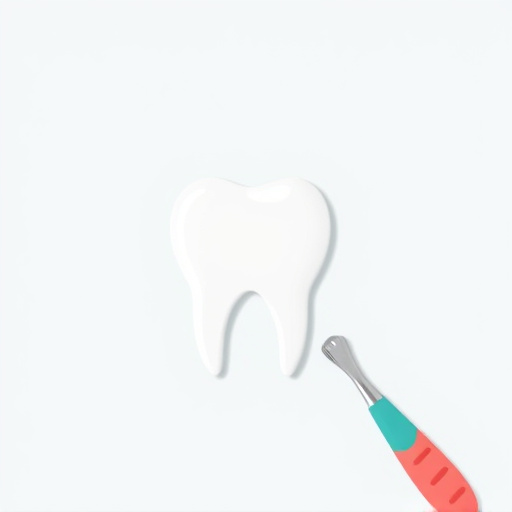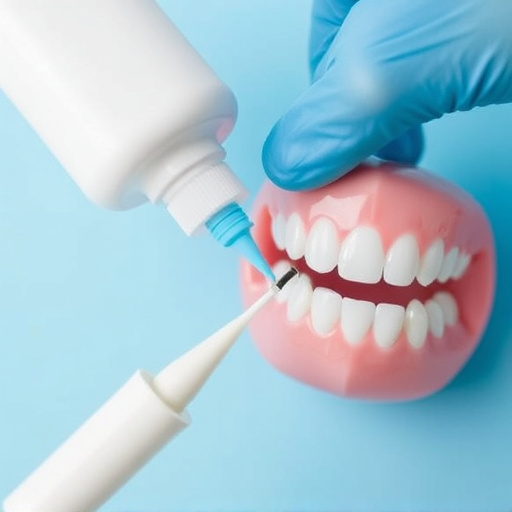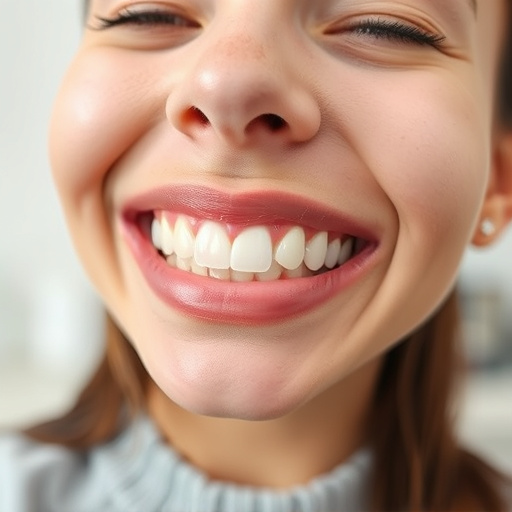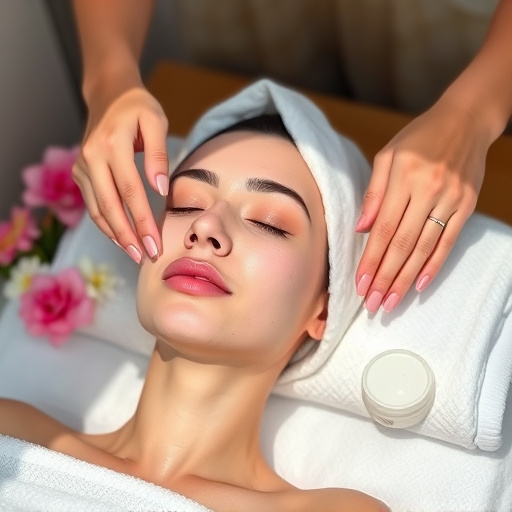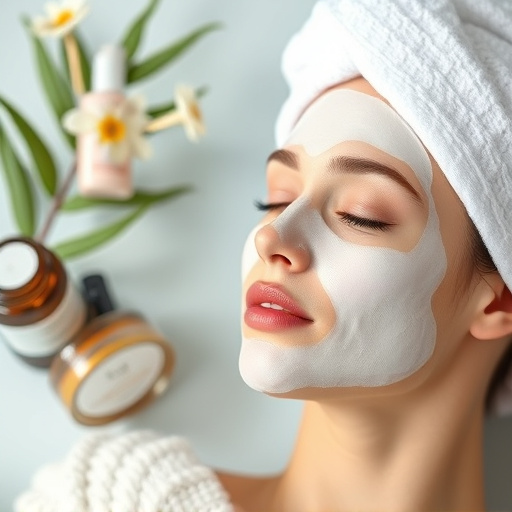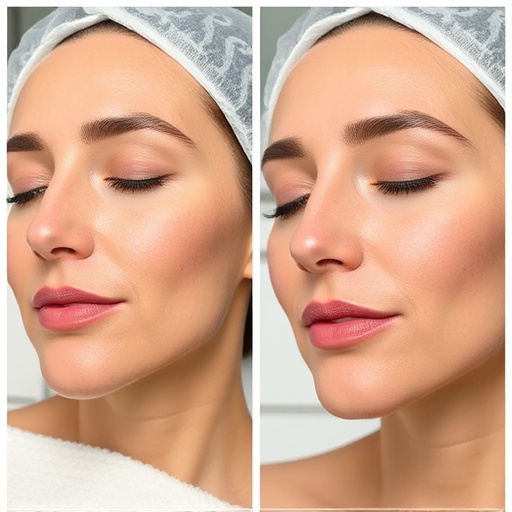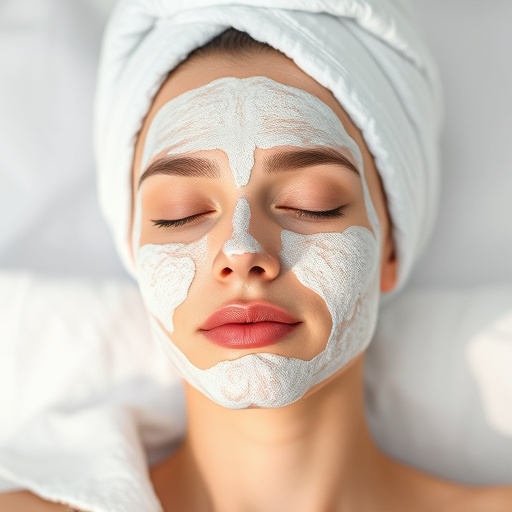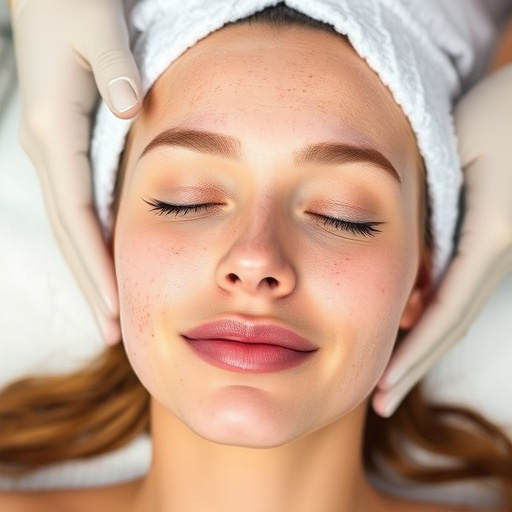Hormonal acne, common in teens, pregnant women, and menopausal individuals due to fluctuating hormone levels, involves clogged pores, bacterial growth, and inflammation. Diagnosis requires detailed skin exam, medical history, and advanced diagnostic tools. Treatment combines lifestyle modifications like diet and exercise with medical interventions such as pore refinement and prescription medications for a holistic approach to managing hormonal acne effectively.
Hormonal acne is a common concern, affecting many individuals, especially during specific life stages. This comprehensive guide aims to demystify effective hormonal acne treatment. We’ll walk you through understanding the root causes and triggers, diagnosing your condition, and developing a tailored treatment plan. From lifestyle modifications to medical interventions, learn how to manage and clear hormonal acne. With practical steps and expert insights, reclaim clear skin and boost your confidence.
- Understanding Hormonal Acne: Causes and Triggers
- Diagnosing and Evaluating Your Condition
- Comprehensive Treatment Plan: From Lifestyle Changes to Medical Interventions
Understanding Hormonal Acne: Causes and Triggers
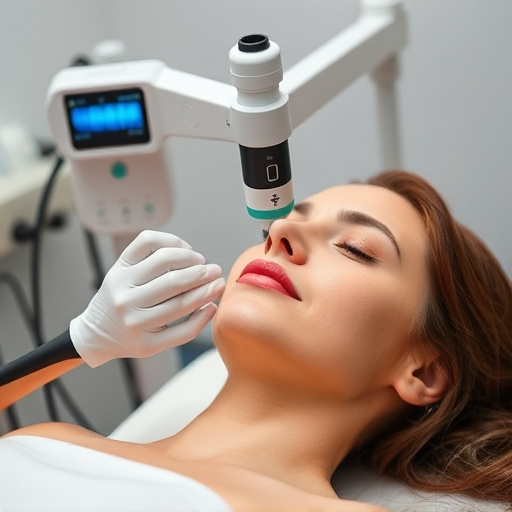
Hormonal acne is a common skin concern, especially for individuals experiencing fluctuations in hormone levels, such as teenagers, pregnant women, and those going through menopause. It’s more than just a temporary breakout; it’s a complex reaction between hormones, sebum production, and skin cell turnover. The primary culprits are androgens, male-related hormones that can stimulate the sebaceous glands, leading to increased oil production. This excess oil clogs pores, creating an ideal environment for bacteria to thrive, resulting in inflammation and acne lesions.
Various factors can trigger hormonal acne beyond hormone fluctuations. Stress, diet (specifically high glycemic index foods), and certain medications are known contributors. Even skincare routines can play a role if products aren’t carefully chosen, as some ingredients may irritate the skin or disrupt its natural balance, leading to further breakouts. Understanding these causes is crucial for effective management and exploring tailored hormonal acne treatment options, including anti-aging treatments, skin tightening, and pore refinement techniques.
Diagnosing and Evaluating Your Condition
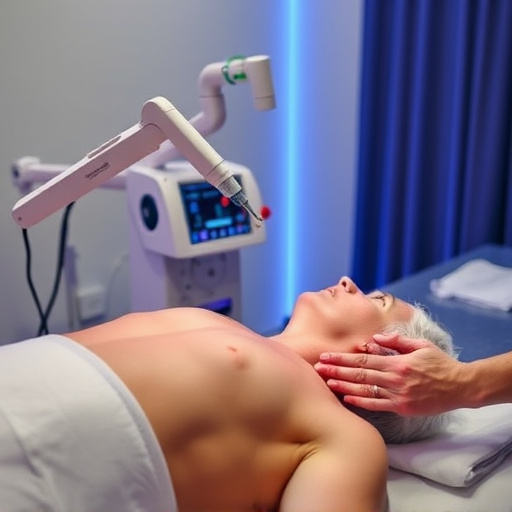
Diagnosing hormonal acne involves a comprehensive evaluation by a dermatologist or healthcare professional. The initial step is a thorough examination of your skin to understand the severity and type of acne present. This includes analyzing the size, number, and distribution of pimples, as well as checking for any associated symptoms like redness, swelling, or scarring. During this process, your medical history will be reviewed, focusing on factors that could contribute to hormonal imbalances, such as menstrual cycles, oral contraceptives, or endocrine disorders.
Additionally, professionals may utilize diagnostic tools like skin biopsies, blood tests, or specialized lighting to assess the condition further. These methods help identify specific hormones involved and rule out other skin conditions with similar manifestations. Once accurately diagnosed, the evaluation extends to discussing your lifestyle, diet, and any medications you’re taking, as these aspects can impact both hormonal acne and overall skin health, leading to a more tailored hormonal acne treatment plan that may include facial treatments for wrinkle reduction or pore refinement.
Comprehensive Treatment Plan: From Lifestyle Changes to Medical Interventions
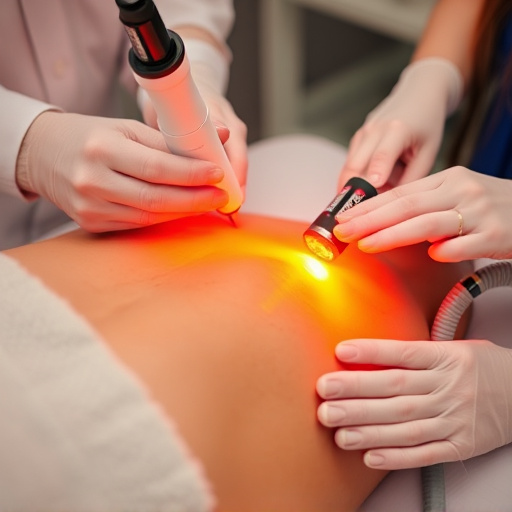
A comprehensive hormonal acne treatment plan goes beyond topical solutions, delving into multifaceted strategies to address the root causes. Lifestyle modifications, such as adopting a balanced diet, maintaining hydration, and incorporating regular exercise, play a pivotal role in regulating hormones and calming skin inflammation. Stress management techniques, including mindfulness practices and adequate sleep, are also essential tools in the arsenal against hormonal acne.
Complementing these lifestyle changes are medical interventions that target specific aspects of hormonal acne. Non-surgical treatments like pore refinement and skin tightening can improve texture and appearance, while prescription medications tailored to an individual’s unique hormonal profile can effectively suppress excess oil production and reduce inflammation. This holistic approach, combining lifestyle adjustments with targeted medical procedures, offers a more sustainable and comprehensive solution for managing and overcoming hormonal acne.
Hormonal acne can be effectively managed through a comprehensive approach that combines lifestyle modifications, topical treatments, and, in some cases, oral medications. By understanding the root causes and triggers of hormonal acne, individuals can take proactive steps to clear their skin and improve their overall well-being. A tailored treatment plan, guided by professional advice, offers hope for those seeking to reclaim their confidence and enjoy clear, healthy skin.


